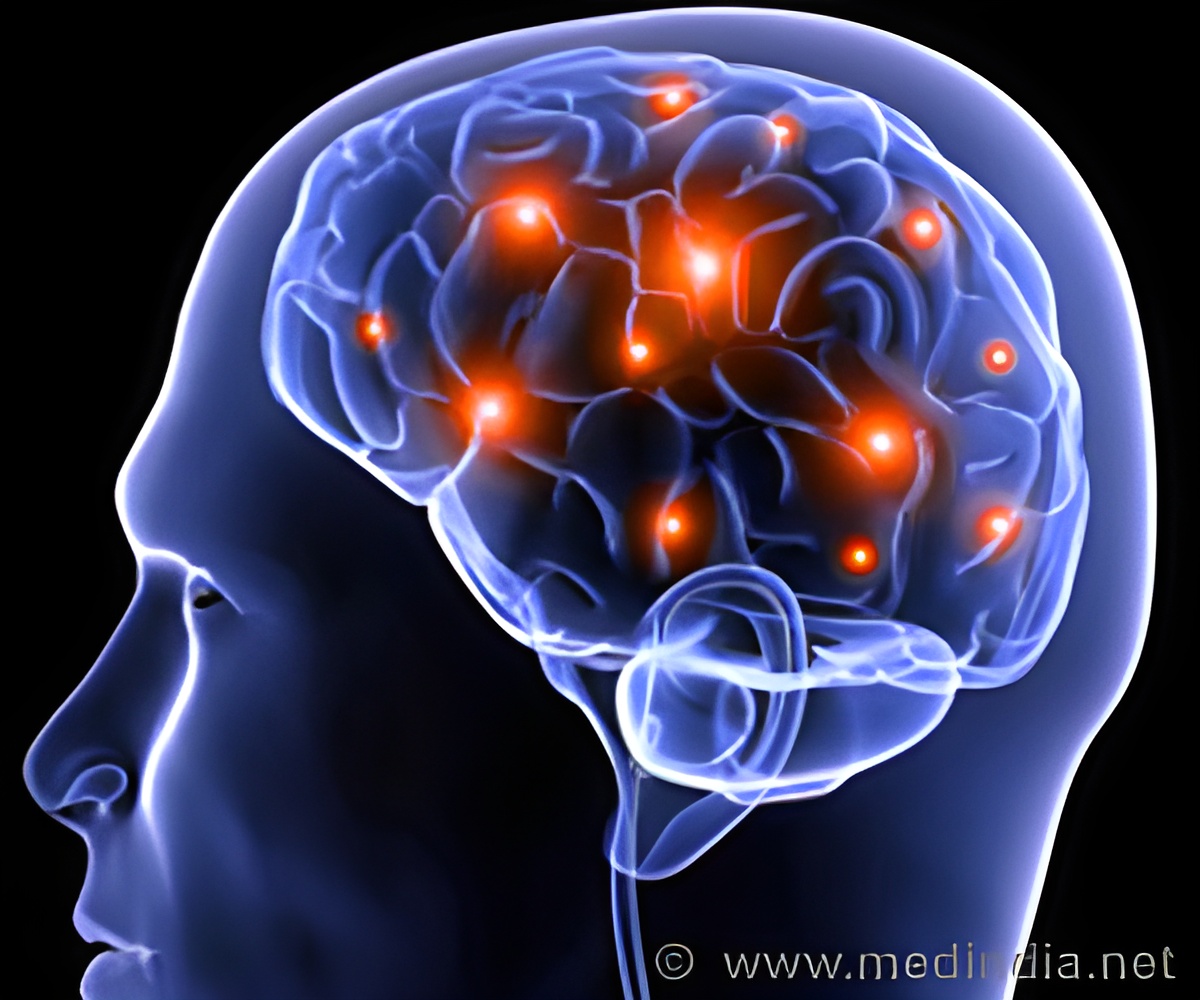
‘Guidelines developed for treating neuropsychiatric conditions such as PANS and the PANDA relieves symptoms, eliminates the source of infection and neuroinflammation.’
Tweet it Now
The treatment recommendations, focusing mainly on psychiatric and behavioral interventions, treatment and prevention of infections, and immunomodulatory therapies are published in a special issue of Journal of Child and Adolescent Psychopharmacology, a peer-reviewed journal from Mary Ann Liebert, Inc., publishers . The treatment guidelines are available free on the Journal of Child and Adolescent Psychopharmacology website.
The special issue on PANS/PANDAS treatment guidelines was led by Guest Editors Jennifer Frankovich, MD, Stanford University (Palo Alto, CA), Susan Swedo, MD, National Institutes of Health (Bethesda, MD), and Tanya Murphy, MD, University of South Florida (St. Petersburg).
Three articles in the issue are entitled "Clinical Management of Pediatric Acute-Onset Neuropsychiatric Syndrome (PANS):" followed by "Part I-Psychiatric and Behavioral Interventions;" "Part II-Use of Immunomodulatory Therapies;" and "Part III-Treatment and Prevention of Infections."
In "Part I-Psychiatric and Behavioral Interventions," Margo Thienemann, MD, Stanford University and coauthors present consensus guidelines for treating the psychiatric and behavioral symptoms of children with PANS/PANDAS. Symptom improvement is aimed at decreasing suffering, improving functioning, and making it easier for the children to adhere to therapeutic interventions.
Advertisement
In "Part III-Treatment and Prevention of Infections," Michael Cooperstock, MD, MPH, University of Missouri School of Medicine (Columbia) and coauthors representing the PANS PANDAS Consortium, present a consensus guideline for managing the infection components of these neuropsychiatric conditions.
Advertisement
"We are very pleased to be able to provide the state of the art in clinical management of PANS and PANDAS in this issue of our journal," says Harold S. Koplewicz, MD, editor in chief of the Journal of Child and Adolescent Psychopharmacology and President of the Child Mind Institute in New York.
Research reported in this publication was supported by the National Institutes of Health under Award Numbers 1R01MH093381-01A1, 1R21MH087849-01A1, 1R01HD080096-01A1. The content is solely the responsibility of the authors and does not necessarily represent the official views of the National Institutes of Health.
Source-Eurekalert










